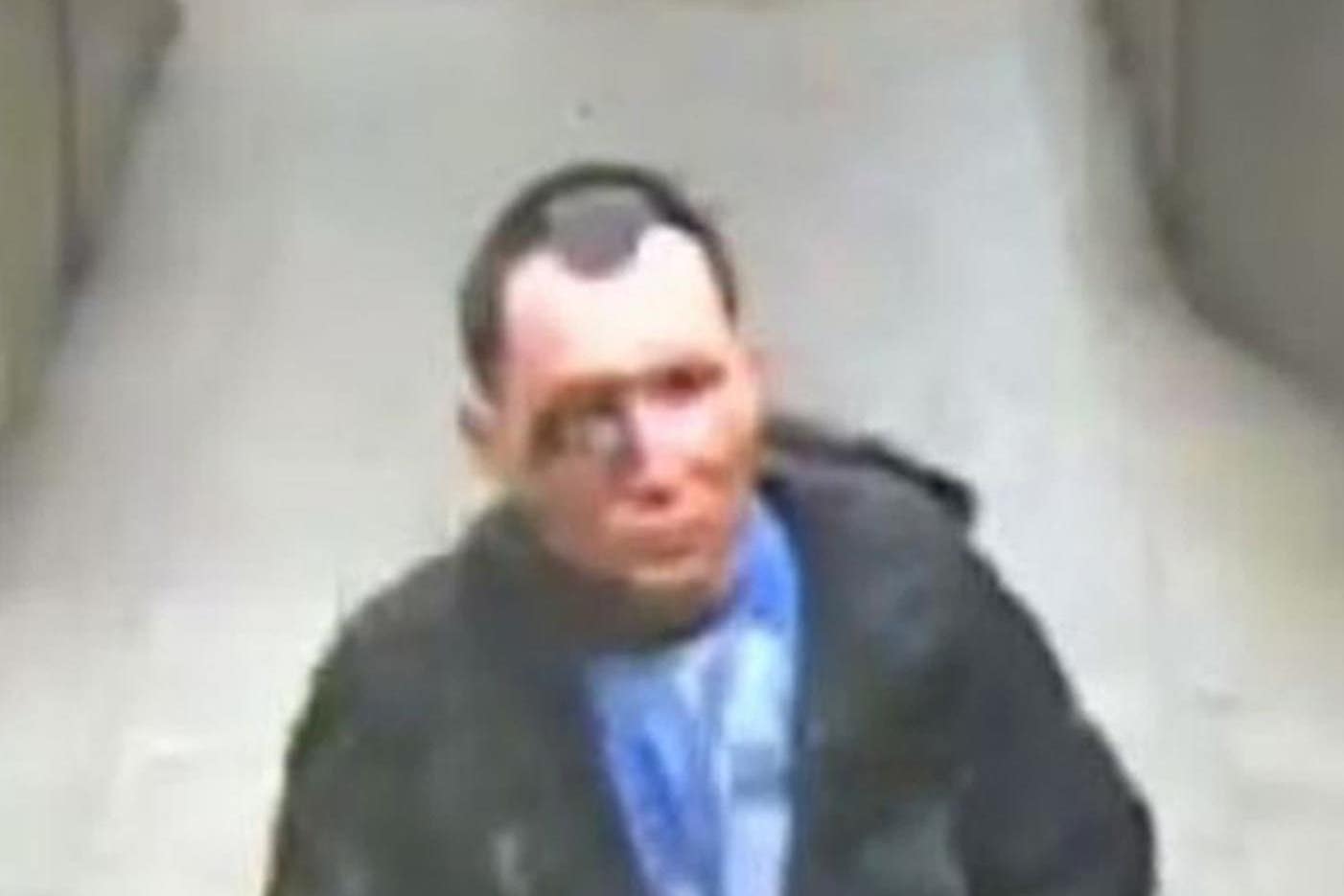Alkali attack suspect ‘gone into’ River Thames, police believe
Ezedi, 35, from the Newcastle area, is accused of pouring a strong alkali on his ex-partner.

Your support helps us to tell the story
From reproductive rights to climate change to Big Tech, The Independent is on the ground when the story is developing. Whether it's investigating the financials of Elon Musk's pro-Trump PAC or producing our latest documentary, 'The A Word', which shines a light on the American women fighting for reproductive rights, we know how important it is to parse out the facts from the messaging.
At such a critical moment in US history, we need reporters on the ground. Your donation allows us to keep sending journalists to speak to both sides of the story.
The Independent is trusted by Americans across the entire political spectrum. And unlike many other quality news outlets, we choose not to lock Americans out of our reporting and analysis with paywalls. We believe quality journalism should be available to everyone, paid for by those who can afford it.
Your support makes all the difference.Alkali attack suspect Abdul Ezedi is believed to have “gone into” the River Thames, the Metropolitan Police said.
The force said on Friday its main working hypothesis is that the 35-year-old had “gone into the water”, but no body had been found.
In a briefing at Scotland Yard, Commander Jon Savell said: “We have spent the last 24 hours meticulously following the CCTV, and it’s our main working hypothesis that he’s now gone into the water.
“We have looked at all of the available cameras and angles, and with the assistance of Transport for London and CCTV from buses that were travelling over the bridge at the relevant time and there is no sighting of him coming off the bridge.”
Ezedi, from the Newcastle area, is accused of pouring a strong alkali on his ex-partner, and injuring her two young children, aged three and eight, on Wednesday January 31 in Clapham, south London.
The woman had been in a relationship with Ezedi, with the breakdown of the relationship a possible motive for the attack.
Mr Savell said it is possible they may never find Ezedi’s body due to the speed of the current in the Thames.
He told the briefing: “At this time of year, the Thames is very fast flowing, very wide and full of lots of snags.
“It is quite likely that if he has gone in the water, he won’t appear for maybe up to a month and it’s not beyond possibility that he may never actually surface.”
A manhunt to find him has been ongoing for more than a week, with officers raiding two addresses linked to Ezedi in Newcastle in the early hours of Thursday.
Earlier this week police said the last confirmed sighting was just before 11.30pm on January 31, a few hours after the attack, as he crossed over Chelsea Bridge and entered Battersea Park in central London, then crossed back over the same bridge minutes later.
Ezedi came to the UK hidden in a lorry in 2016, and was turned down twice for asylum before successfully appealing against the Home Office rejection by claiming he had converted to Christianity.
He was convicted of two sexual offences in 2018 but was allowed to stay in the UK because his crimes were not serious enough to meet the threshold for deportation.
A tribunal judge is understood to have ruled in favour of his asylum claim in 2020 after a retired Baptist church minister confirmed he had converted to Christianity, reportedly describing Ezedi as “wholly committed” to his new religion.
The woman hurt in the attack, who may lose the sight in her right eye, remains sedated in hospital and is still too ill to speak to police.
Ezedi, who is not the father of the children who were hurt, suffered significant facial injuries in the incident which police previously said could prove fatal if left untreated.